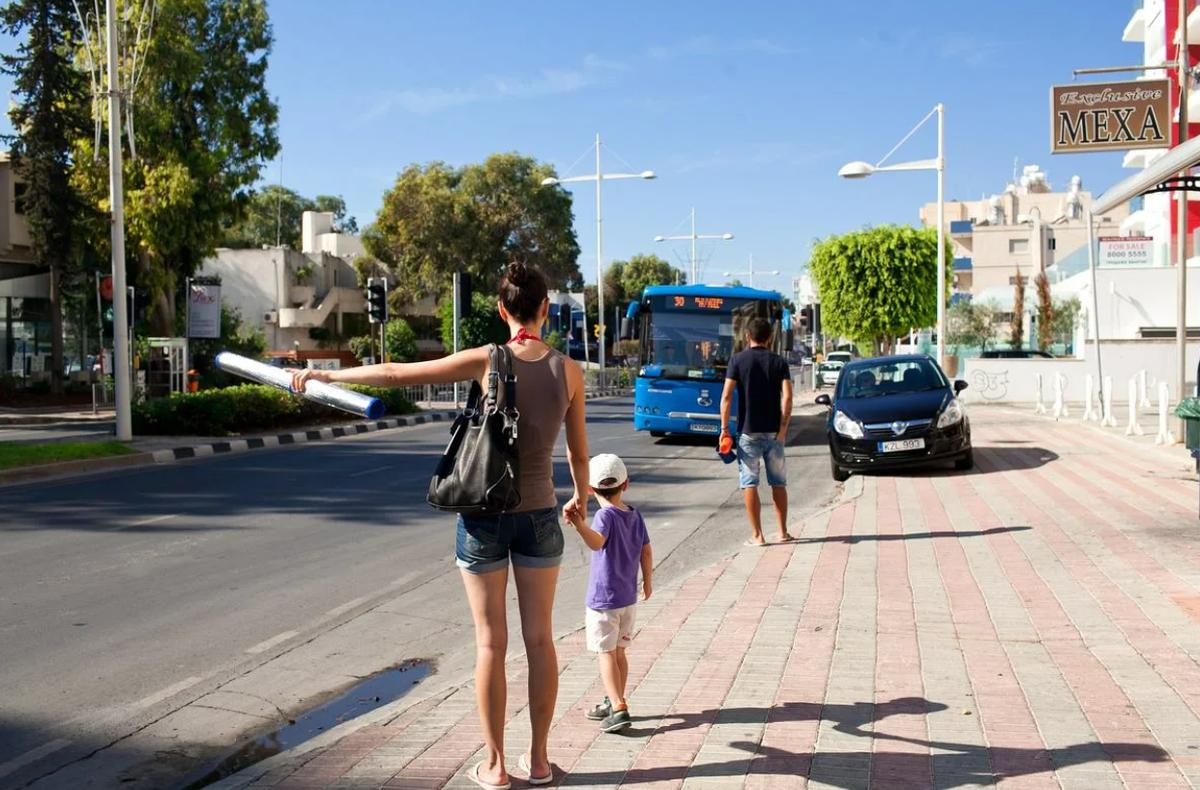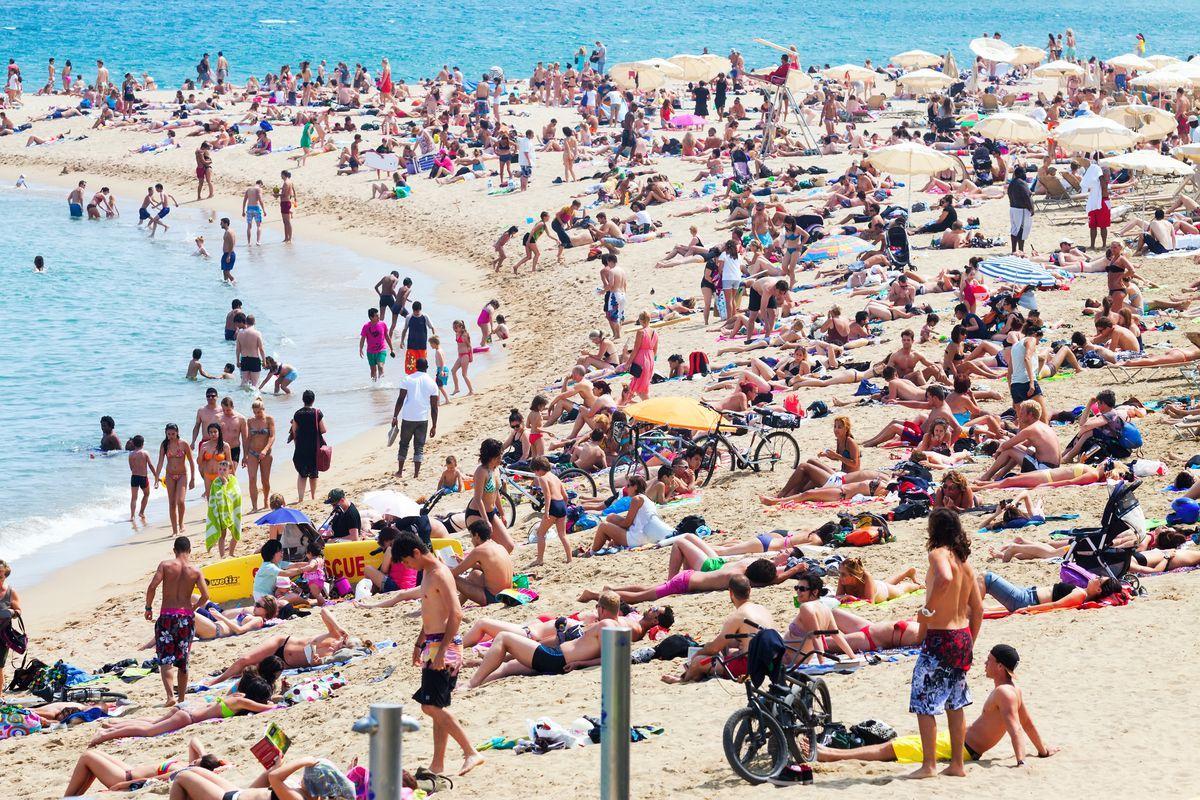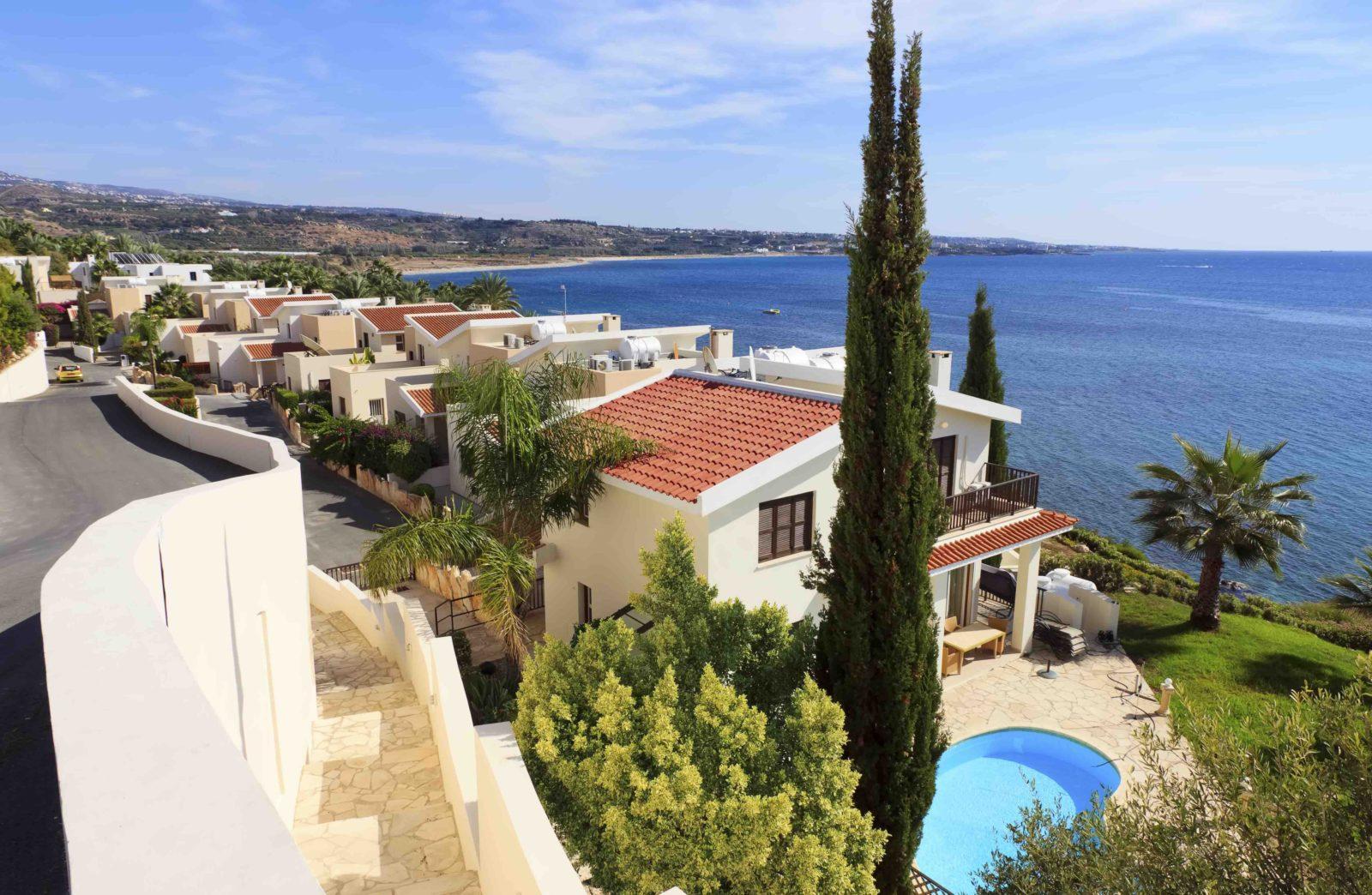It is no secret that emigrating to a new country is a complicated process that requires incredible effort, preparation and courage. Many people spend a long time planning this important step and thinking about all the details. Others give up at the first stage. How can you make the right choice and not be disappointed after moving to Cyprus?
First of all, you need to decide (you can even make a list) what criteria you have for your new home. This will make the process much easier and may open your eyes to some of the less obvious advantages and disadvantages.
Safety
Does Cyprus meet this criterion? Of course it does, as do all developed countries. A high level of security is one of the most important aspects that attracts people from all over the world to come here. In today's turbulent world, Cyprus is for many people an "island of safety" in a sea of instability. However, as with any country in Europe, there are still certain risks to be aware of:
- Theft and petty crime. Although the theft rate in Cyprus is low, it is still worth taking precautions. Lock doors and windows, especially when leaving your home, and don't leave valuables in plain sight.
- Fraud. Fraud is occasionally reported in Cyprus. Be careful with financial transactions and check the reliability of companies and people you deal with.

Similar culture and religion
The history of Cyprus goes back thousands of years, with the ancient Greeks, Romans, Byzantines, Crusaders, Ottomans and British all leaving an indelible mark on the local culture and religion. Today, however, most of the people of Cyprus are Orthodox Christians, as are many Russian-speaking peoples. The Cypriot Orthodox Church has autocephalous status and is directly involved in the life of the island. As far as culture is concerned, each country has its own differences, but in general we can say that the adaptation process for newcomers will not be too difficult.

Climate
Cyprus is famous for its favourable climate, which makes it an ideal place to live, relax and visit. The sun shines 300 days a year, which means you can get free vitamin D, the hormone that produces happiness, almost around the clock. All you have to do is stretch out on a sun lounger on one of the local beaches. In case you didn't know, vitamin D slows down the ageing process, helps your body fight off disease, boosts your immune system and improves heart function. In Cyprus, you can improve your health just by relaxing in the sun! Isn't that the dream of millions? The main thing is not to overdo it! In general, mild winters, warm summers, clean air and plenty of sunshine create ideal conditions for an active and healthy lifestyle.

Language Skills
To feel comfortable in Cyprus, a basic knowledge of English is sufficient. Even Russian is enough for some people, as so many migrants from post-Soviet countries have moved here in the last year and a half. But there are also those who prefer to be closer to the Cypriots, so they learn Greek. It should be said that many words from the Greek language were borrowed from other nations (including the Russians) in ancient times. Therefore, there is usually no problem in learning it. Well, unless it is a completely neglected case and a person simply has no ability. One or two years is quite enough to master the Greek language at a free conversational level. Especially if you practice with local Cypriots.

Educational opportunities
Cyprus is an ideal place for higher education. Universities and colleges in Cyprus attract students from all over the world for their modern programmes, qualified teaching staff and internationally recognised degrees. There are several prestigious universities in Cyprus. Among them are
- The University of Cyprus. A leading public university based in Nicosia. It offers a wide range of undergraduate, masters and doctoral programmes in English and Greek.
- Cyprus University of Technology. Specialises in technical and applied sciences, offering state-of-the-art education in fields such as engineering, information technology and healthcare.
- European University of Cyprus. A private university offering English-language programmes in business, law, medicine and the humanities.
- University of Nicosia. The largest private university in Cyprus, offering a wide range of programmes including distance learning and joint programmes with foreign universities.
Advantages for international students:
- International recognition of degrees. Diplomas from Cypriot universities are recognised in many countries around the world, offering graduates a wide range of opportunities for further study and career development.
- Study in English. Most universities offer programmes in English, making studies accessible to students from different countries.
- Multicultural environment. Universities in Cyprus attract students from different parts of the world, promoting cultural exchange and international relations.
- Affordable education. Tuition fees and living costs in Cyprus are often lower than in other European countries.

Buying and renting
The island's property market offers a wide range of properties, from luxury villas to cosy apartments and traditional houses. Yes, prices can be a little steep. Until you start comparing them to other European countries. It turns out that not everything is so bad. Sometimes you just have to temper your appetite.
Renting a property is usually popular with those migrants who have just moved to the island. After two or three years of living in Cyprus, many people think about buying a home. Prices for renting and buying property in Cyprus are based on several factors:
- Location. Property prices vary considerably depending on the area. Prestigious and tourist areas are more expensive than those away from the city centre and in rural areas.
- Type of property. Villas tend to be more expensive than apartments. Luxury properties with modern amenities and sea views are more expensive.
- Seasonality. Rental prices are highly seasonal. During the high tourist season, rents are significantly higher.
- Infrastructure. Proximity to the sea, shops, restaurants and entertainment also affects the price of a property.
It is easy to guess that the more enquiries a tenant or buyer has, the higher the final price. Property prices in Cyprus are generally at an average level compared to other European Union countries. They are lower than in western and northern European countries such as Germany and France, but higher than in some eastern European countries such as Poland and Hungary. Comparatively affordable prices, a favourable climate and a high quality of life make Cyprus an attractive destination for property investment, both for personal residence and for rental.

Job opportunities
Despite all the horror stories in the media (unemployment, low incomes, high property prices), Cyprus is not all bad. Nobody is saying it's easy to find a job here, but don't expect other countries to welcome you with open arms. In any country you need to improve your language to a certain level, confirm your diploma or retrain to get a prestigious job. Someone might say: "but the income is higher in some other European countries". This is true, but life is also much more expensive there, so you will need a lot of money in the early stages until you get your feet on the ground.
Today, Cyprus, with its dynamic economy and favourable climate, offers a wide range of opportunities for professional growth. Industries such as tourism, finance, information technology and healthcare are booming on the island, making certain specialisms particularly in demand. These include: hotel managers, tour guides, restaurateurs and chefs, accountants and auditors, financial analysts and international lawyers, programmers and developers, network administrators, doctors and medical specialists, nurses and nurse practitioners, pharmacists. Whatever your chosen profession, working in Cyprus can be a source of stable income as well as an opportunity to enjoy the high quality of life on this beautiful island.

Read also:

